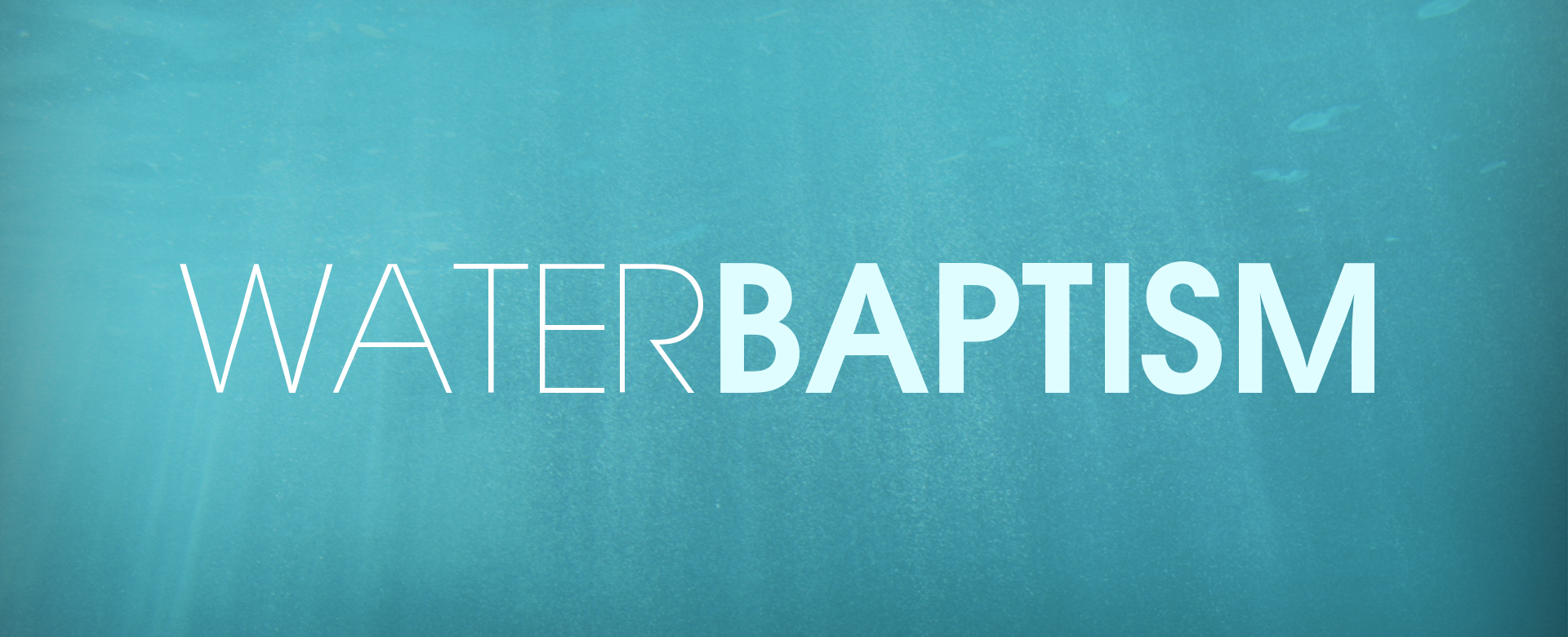By Nathaniel J. Wilson
The following is an important story about greatness: “Then came to him the mother of Zebedee’s children with her sons, worshipping him, and desiring a certain thing of him. And he said unto her, What wilt thou? She saith unto him, Grant that these my two sons may sit, the one on thy right hand, and the other on the left, in thy kingdom. But Jesus answered and said, Ye know not what ye ask. Are ye able to drink of the cup that I shall drink of and to be baptized with the baptism that I am baptized with, They say unto him, We are able.”
Matthew 20:20
Here is a blatant request for greatness. The bold request is made for dominion, recognition, for which one prepares in a practical, systematic way. One learns the basics, develops beginning skills, is schooled in correct processes and procedures, serves an apprenticeship, then launches into full-scale ministry. There is a place and need for such. However, this is not at the core of greatness in leadership. World-class leaders are not simply efficient technicians. While skills certainly matter, they are, nevertheless, not the ultimate point in question.
In seeking greatness, James and John are led to baptism and “drinking”—both again connected with water and, in the case of baptism, going down into the deep where there is death, darkness, and uncertainty. All believers are submerged into baptism’s “watery grave.” “Therefore we are buried with him by baptism into death …” (Romans 6: 4). We are further informed that it is precisely this act of being “planted together in the likeness of His death” (verse 5) that is the key to experiencing walking “in newness of life” (verse 4). The old man is “crucified” with Him. Baptism is a disposing of the old life. It is a removal, a negative, “…that the body of sin might be destroyed…” (verse 6). “Now if we be dead with Christ, we believe that we shall also live with Him…” (verse 8).
Thus, baptism is the believer’s Red Sea. It is the dividing line between the old life and the new, a crisis between life and death. Coming to God is not, first and foremost, a gradual process, but a complete and total interruption of one’s old life and a revolutionary birth into the new. Coming out of the water, the Spirit says, “This is my beloved child.” From there, the process of discipleship proceeds into the wilderness for both Christ as well as Israel.
Just as the Red Sea typifies baptism, it is not the last “baptism” for Israel. There is another at Jordan. Although they are already “God’s people,” they are at Jordan, preparing to enter a new realm of dominion, authority, and responsibility. To do so, they must cross Jordan. As the Red Sea was a “deep” demarcation line between bondage and freedom, so Jordan is a “deep” demarcation line between general living and the primary spiritual event instant called by God and strongly led, or driven, into spiritual crisis and victory. Coming out of this experience, God will again say, “This is my beloved Son,” but this time, it will carry not only the meaning of being a part of the family, but also of being a son with distinct responsibilities and powers, as well as distinct authority and power for leadership. This authority is not confined to Christ alone, but is given to all those who lead in His stead. The Lord reveals in His prayer, “As thou has sent me into the world, even so have I also sent them into the world” (John 17:18).
Sent as He is sent! He spoke not as the scribes and Pharisees, but rather, He spoke as One with authority! No academician here quoting first this opinion, then that. He speaks rather as an owner—an owner of truth and of the ground of absolute reality. Luke purposely arranges the events of the early ministry of Jesus to point to the cataclysmic baptism and subsequent wilderness temptation of Jesus as the clear turning point in His life. Coming out of this temptation, Luke presents Him as returning to Nazareth where He introduces His own ministry with:
“The spirit of the Lord is upon me because He bath anointed me to preach the gospel to the poor; He bath sent me to heal the broken-hearted, to preach deliverance to the captives, and recovering of sight to the blind, to set at liberty them that are bruised, to preach the acceptable year of the Lord” Luke 4:18, 19
Upon reading Luke 3:21 through 4:19, one can hardly fail to see the connection between the baptism/wilderness experience and His experience of a new anointing for ministry. Thus, it is evident that the theological meaning of Christ’s ministry begins at Jordan’s baptism, not Bethlehem’s birth.
The above article, “Water Baptism” is written by Nathaniel J. Wilson. The article was excerpted from the eighth chapter of Wilson’s book Ultimate Leadership.
The material is copyrighted and should not be reprinted under any other name or author. However, this material may be freely used for personal study or research purposes.




1 thought on “Water Baptism”
Comments are closed.